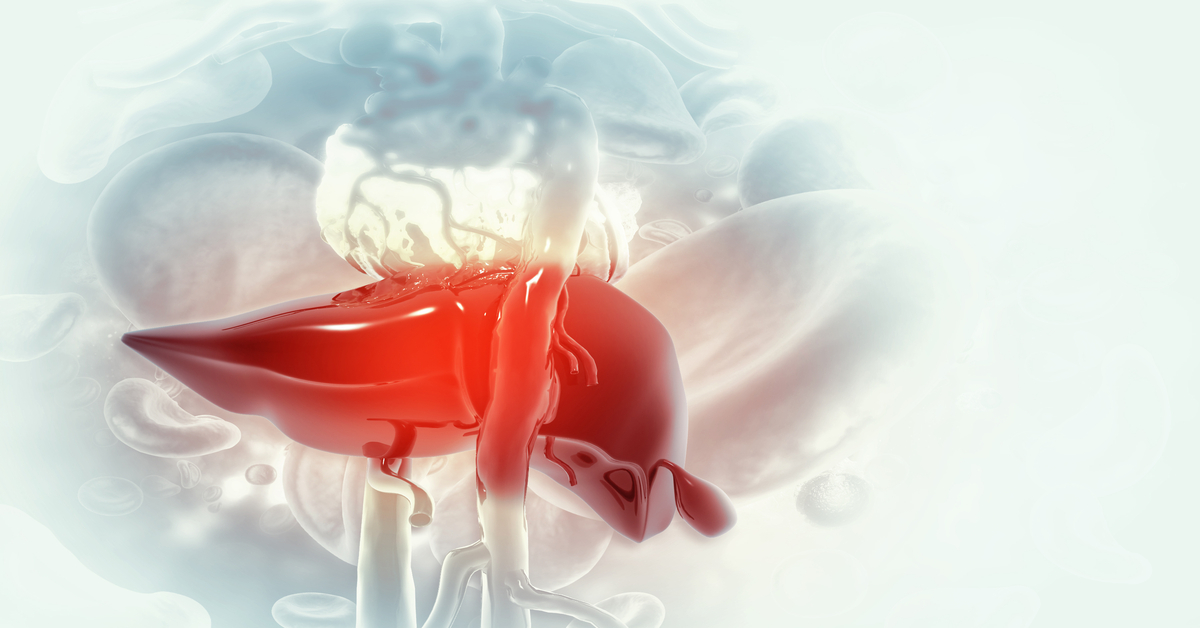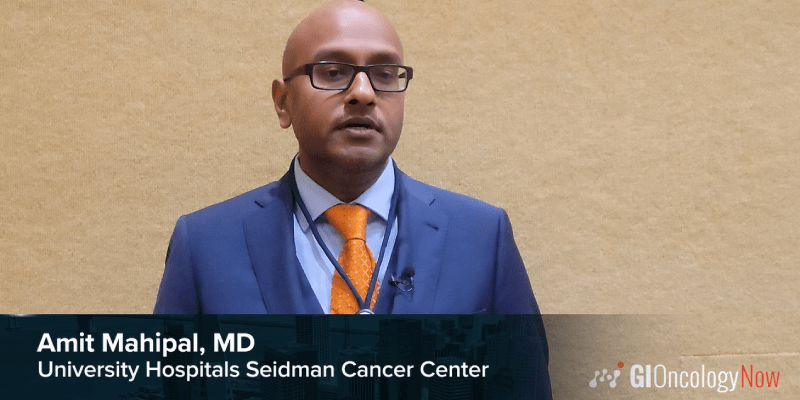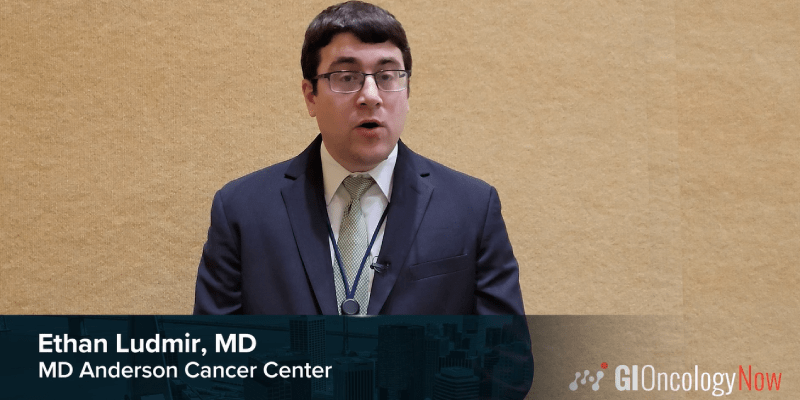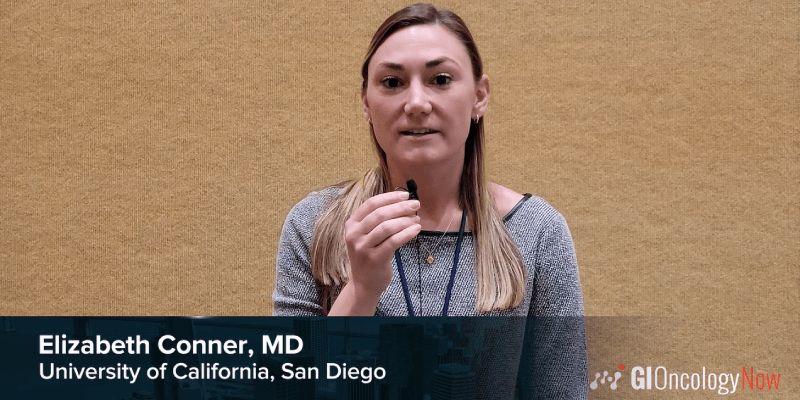
While new systemic therapies have changed the management of hepatocellular carcinoma (HCC), there is currently a lack of real-world data on treatment patterns and survival outcomes for patients with unresectable HCC (uHCC).
The recent OREIOS study led by Stephen Chan, MD, and presented at the 2024 American Society of Clinical Oncology Genitourinary Cancers Symposium investigated the clinical characteristics, management patterns, and survival outcomes of patients with uHCC.
The retrospective study analyzed the data of patients from 12 countries across Asia, Latin America, the Middle East, and Africa diagnosed with Barcelona Clinic Liver Cancer (BCLC) stage B or C unresectable or advanced/metastatic HCC from January 2017 to December 2019.
Of the 1115 patients, 83.2% were male, 49.1% were current or ex-smokers, and 21.4% had consumed alcohol. The most frequently reported etiologies were hepatitis B (48.9%), hepatitis C (23.1%), and alcoholic liver disease (6.6%).
Upon index date, 22.3% of patients had BCLC stage B, 77.7% had BCLC stage C, 23.5% had main portal vein invasion, 23.1% had more than 50% liver involvement, and 48.5% presented with extrahepatic metastases.
Following index date, the treatment modalities included systemic therapy (88.2%), nivolumab (21.3%), lenvatinib (19.8%), regorafenib (15.6%), transarterial chemoembolization (20.8%), and surgery (2.6%).
Median progression-free survival was 6.6 months (95% CI, 6.0-7.2), and median overall survival was 13.1 months (95% CI, 11.6-14.2).
The researchers stated that their study provided real-world data on treatment patterns for patients with uHCC. They also concluded that these patients experience a poor prognosis.
“With novel agents and combination therapies being approved for uHCC, integrating them in routine care is important to improve survival. Alongside, further real-world studies are warranted for evaluating the change in treatment patterns and prognosis,” the researchers wrote.







 © 2025 Mashup Media, LLC, a Formedics Property. All Rights Reserved.
© 2025 Mashup Media, LLC, a Formedics Property. All Rights Reserved.